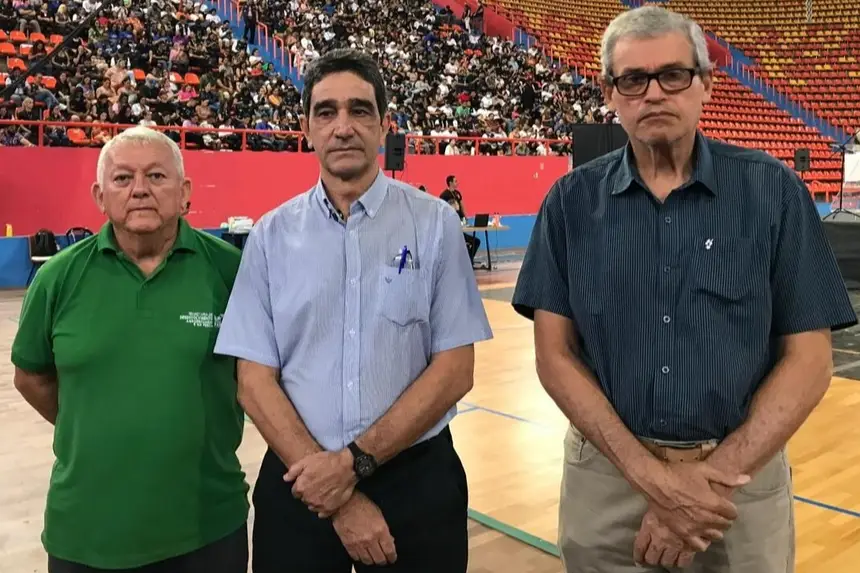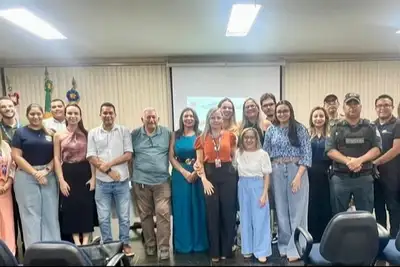State program coordinated by Sedap directs the registration of açaí sales points
The mapping will present the actual number of establishments that handle the product. The action is a partnership between the State Government, the City Hall of Belém, the Public Prosecutor's Office, and federal research institutions.
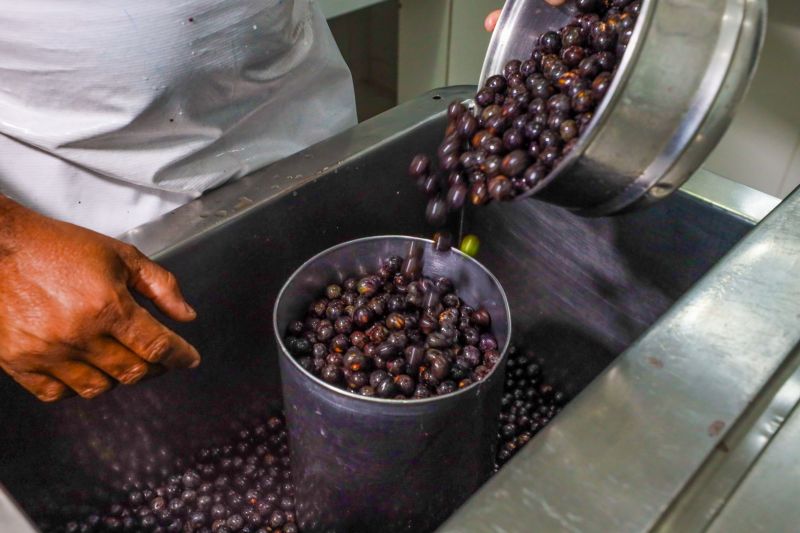
For the first time, the capital of Pará will know exactly how many artisanal açaí producers are operating in the activity. Established by the State Açaí Quality Program (PEQA) – coordinated by the State Secretariat for Agricultural Development and Fisheries (Sedap) – the registration is one of the mandatory activities provided for by state decree 326/2012, which establishes the rules for the artisanal handling of açaí.
The program involves 14 institutions, both public and private, and aims to introduce good practices throughout the entire production chain (agricultural production, transportation, marketing, artisanal and industrial manufacturing) in order to ensure product quality standards.
Despite being provided for by law, the registration of producers has not yet been fully carried out, as noted by the manager of Fruit Cultivation at Sedap, Geraldo Tavares. He recalled that there have been initiatives to survey the quantity, but not on a broad scale, as will be conducted from September 1 to 5 by the 1,620 community health agents (ACS), who underwent training last Wednesday (13) at the Guilherme Paraense arena (Mangueirinho).
Resulting from an articulation of the Public Prosecutor's Office of the State of Pará, state institutions such as Sedap, the Pará Agricultural Defense Agency (Adepará), the State Secretariat of Public Health (Sesap), the City Hall of Belém (Sesma, Casa do Açaí, and Sanitary Surveillance), UFPA (Federal University of Pará), and Embrapa (Brazilian Agricultural Research Corporation), the registration will be carried out in all neighborhoods/districts of Belém. The estimate, as informed by Tavares, is that the capital has at least 8,000 artisanal producers.
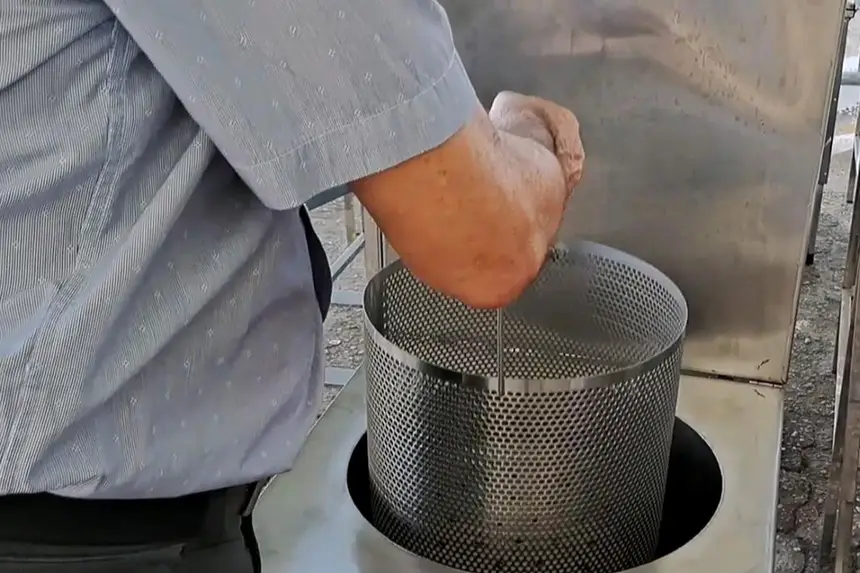
The registration is provided for in the state decree, in its second chapter, where the actions that must be implemented are presented. Among them, the promotion of a state campaign through communication channels to publicly call artisanal açaí producers, bacaba, and related products, and to establish sanitary education actions through educational campaigns.
“The main importance of this registration is to show support, through the State Açaí Quality Program, which Sedap coordinates. This program has several actions, among which is the registration. The action will fill this gap and show the Public Prosecutor's Office and the population that the State has the means to carry out this type of action and the importance of it being done,” he noted.
Investments - The State Government invests in actions for the qualification of açaí also through the transfer of equipment. According to the manager of Fruit Cultivation at the secretariat, more than 2,000 pieces of equipment have already been transferred to artisanal producers, with an investment of R$ 5 million.
“Equipment has been acquired for transfer exclusively to artisanal producers, such as tables, blanching tanks, and mixers, among others. The State Government has been making important investments for the improvement of açaí; only in 2024, there were 2,400 pieces of equipment. Now, there are actions that are specific to the municipality, through Sanitary Surveillance; our role is to support the municipality so that it can carry out these actions,” said Tavares.
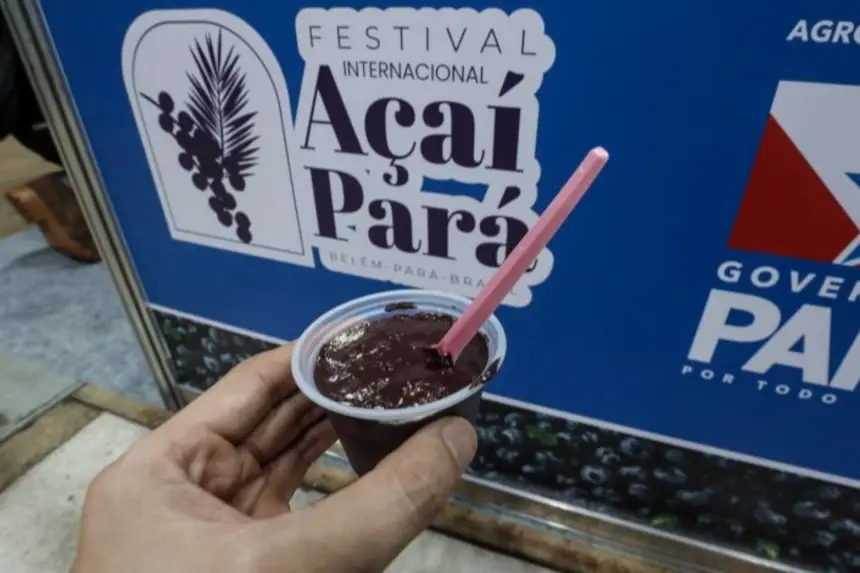
In addition to the transfer, Sedap, through the Directorate of Fairs and Markets and the Fruit Cultivation Management, conducts training for artisanal producers. In Belém, the actions are carried out in partnership with the City Hall (via Sanitary Surveillance) and in other municipalities through Sespa.
“The municipalities that still do not have the capacity to conduct the training, Sespa carries out the action, both for producers and for the teams that conduct the Sanitary Surveillance of the municipality. The city halls can make this request to Sedap or to Sespa, and a team is designated to conduct this training,” explained the Sedap official.
Service: Decree 326/20212, which establishes the registration of açaí sales points, can be viewed in full on the Sedap page.



